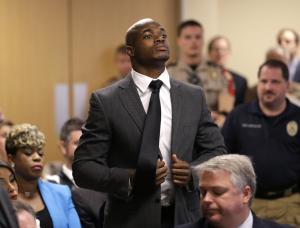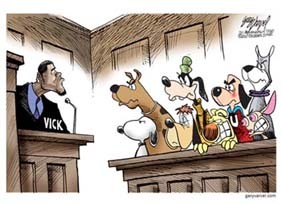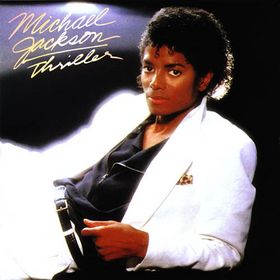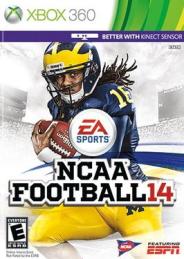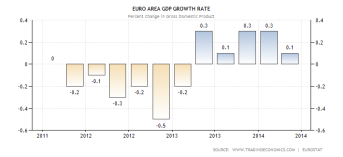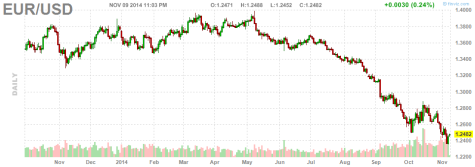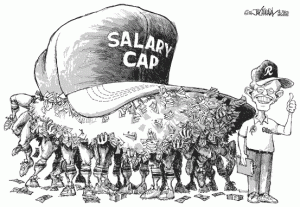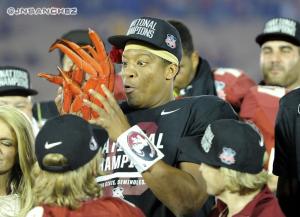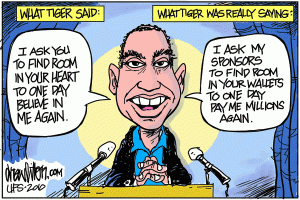By Edward F. Hayes
The United States’ embargo against Cuba is abominable. This act, which was intended to punish the communist government, only punishes the citizens of Cuba. I have seen with my own eyes the underdevelopment and depravation that this legislation has caused. For over half a century, presidents have renewed it without hesitation. Thankfully, it has now come under speculation. President Kennedy first enacted the embargo on the 19th of October, 1960. Communism has since fallen in most countries, except Cuba. If anything, the embargo does more to keep communism alive in Cuba.
I visited the island for the first time on February 20, 2008. I awoke at around four in the morning to catch the 7 AM flight from Miami to Havana. The short flight lasted around forty-five minutes. The rear door of the airplane opened and an air stair was put into place. My brother, mother, and I – having been seated in the rearmost row of the plane – were able to disembark the craft ahead of everyone else. I was the first one to step off of the plane and onto the Habanero tarmac. Though I was unaware of it at the time, that step had some historical significance. Earlier that day, at about 3:00 in the morning, Fidel Castro had announced his resignation from the Presidency in a letter to the Cuban people that was published on the website of Granma, the official publication of the Cuban Communist party. I believe that I was the first American to set foot on Cuban soil after the resignation of Fidel Castro; I was certainly the first American teenager to do so.
That first visit lasted two weeks. I didn’t stay in a hotel on the beach. Instead, I lived the life of an average Cuban citizen. I came to Cuba not as a tourist on holiday, but as the son of a Cuban-born American citizen. My mother, brother, and I lived in my great-aunt’s home during our stay. At 11 years old, I immediately felt the difference between poverty and privilege, for food was scarce and life in the savana is not as shiny as life in the suburbs of New Jersey. The distinctions between life under communism and life under capitalism, or of life under a dictatorship versus life in democracy were less obvious to my young mind, but I have come to understand them more viscerally over the past 6 years.
The Cuban people are not defeatist, despite the many challenges that they face. Transportation, for example, is an issue for most Cubans. I only met one Cuban who owned a car. He began by purchasing the empty carcass of a forty-year-old jeep and slowly acquired the components to make it run. This habit of inventando, or inventing, as it is known, is a way of life for Cubans. They are a people who have been forced to struggle, and they have learned to adapt in order to survive.
Practically every country in the world is opposed to the United States’ embargo against Cuba. Out of the 193 members of the United Nations, 188 are in opposition to the U.S., the only exceptions being Israel and a few insignificant countries. In fact, a number of nations condemned the United States for these actions at the U.N. General Assembly, including Zambia, Belarus, and Tanzania. This criticism from virtually every developed country corroborates my own hostility towards the United States and this ridiculous embargo.
The poverty that the Cubans face is primarily caused by their ineffective government, but their inability to trade with the United States and buy their products exacerbates the situation to an intolerable level. Furthermore, Cubans are prevented from improving their economic standing so long as this embargo stays in place. The United States and President Obama must come to see how detrimental this embargo is and realize the human rights violations that it abets.


